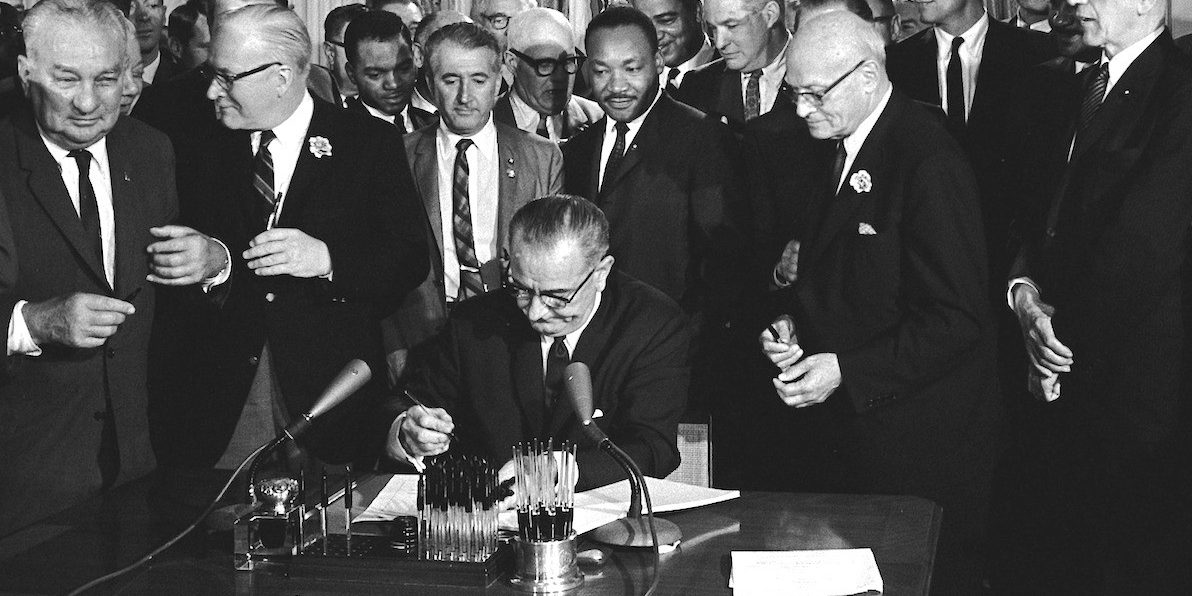The equal opportunity legacy of MLK

On Monday, the United States will celebrate the life of Martin Luther King Jr., who has left an indelible imprint on both the history and the future of this country. From his famous speeches and marches on Washington to his transformative role in the Civil Rights Act of 1964, Dr. King and his supporters literally chartered a new and more inclusive course for our government and society at large.
The Civil Rights Act included the establishment of the Equal Employment Opportunity Commission, and with it the ability to protect people from discrimination and retaliation at their place of work, and when applying for jobs. While the act does not explicitly require employers to include a statement of equal opportunity in their job advertisements, many companies now do so—and as the data shows, those companies have a leg up in the competition for the best and most diverse talent in their markets.
Textio data from 70 million+ job posts and their hiring outcomes shows that applicants from all demographic groups are significantly less likely to apply to jobs that are missing an equal opportunity statement. In fact, jobs with strong equal opportunity statements fill an average of 10% more quickly than jobs without them.
Nearly 50 years after his death, the appearance of this data pattern is yet another signal of the ongoing impact of Dr. King’s tireless efforts toward greater social inclusiveness. In honor of MLK Day, we wanted to dig in a little deeper and see how some of the words in these statements help attract candidates.
One of the things Textio data shows us is that not all equal opportunities statements are created equal (pun intended). In fact, some of the most effective phrases are the least common within the statements. And you can easily go wrong: statements that include just the basic “equal opportunity employer” or “eoe” result in slowing down the time to fill a position. You should not only include a full equal opportunity statement, but also craft one that is authentic and unique to your company and your brand. The list of equal opportunity statement words that help fill jobs faster are:
1) all applicants are considered
2) diversity and inclusion
3) diverse team
4) value diversity
5) do not discriminate
6) affirmative action
7) does not discriminate
Textio data shows that the more of these types of phrases you use, the quicker your job will fill. Still, you probably don’t want to write a franken-sentence like “we value diversity and inclusion and we are building a diverse team and we don’t discriminate and all applicants will be considered.” Instead, write authentically about the real value that having a diverse team brings to your organization, and it will lead to better hiring outcomes overall. Even if the data didn’t prove it (and it does), as Dr. King has taught us, it’s the right thing to do.